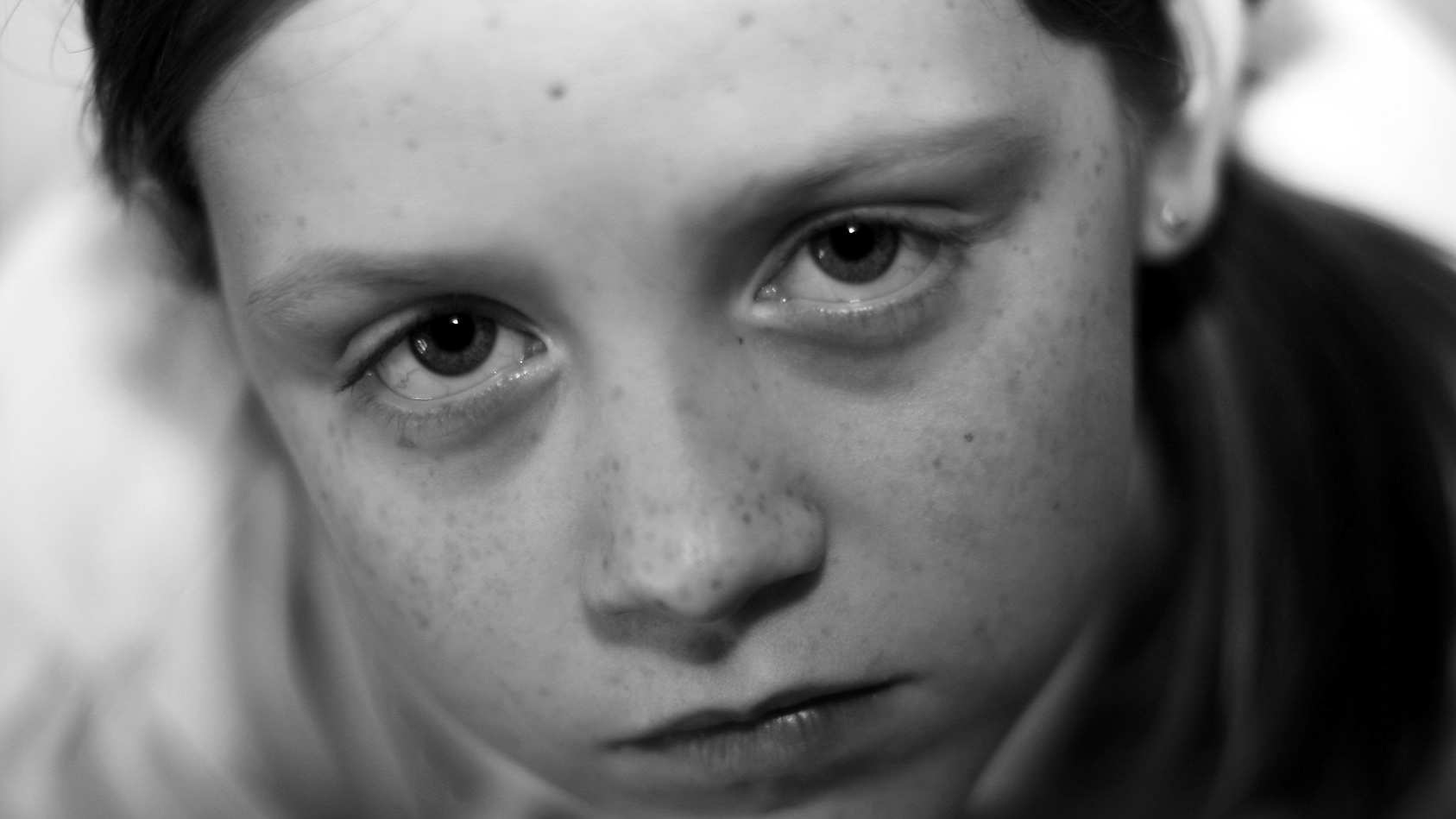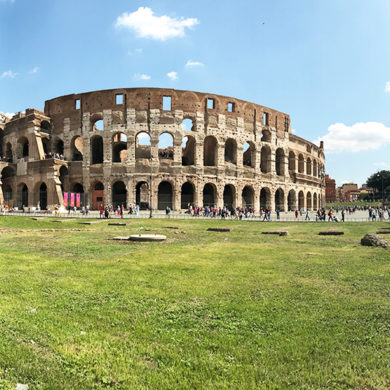The Oxfam Sex Scandal: are there any lessons learned, or are charities still putting vulnerable populations at risk by not requiring a simple background check? | Joshua Lowe
The Oxfam Sex Scandal of 2017 brought increased scrutiny onto the aid industry when a country head of operations in Haiti along with others was found to be soliciting prostitutes.
What added to the scandal was the fact that this had been reported to Oxfam heads and others knew within the sector were well aware of what was happening and that it had happened before when the head of operations, Roland Van Hauwermeire, had worked for other aid agencies.
Paedophiles using the aid industry isn’t a new phenomenon. In 1999, the UK’s National Crime Agency warned that the scale of the problem of paedophiles in the aid industry is on the same level as sex tourism. In fact, the National Crime Agency estimates that 3% of males in the UK have paedophilic tendencies.
While it’s reported that a majority of these men wouldn’t act upon these urges, this does present an issue for charities who work with vulnerable people and children abroad. This is in part as laws and police forces in the UK become more encompassing and better at finding sex offenders, they have realized it is easier to get away with these abuses abroad.
The United Nations (UN), which often contracts aid organizations to work for it, has been continually accused of abuse. In 2016 alone. UN peacekeeper and staff carried out 145 cases of sexual exploitation against 311 victims, of which the UN reported that a large number of these victims were children.
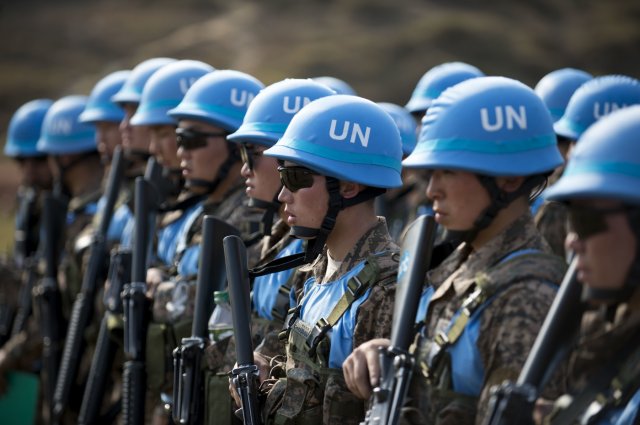
While these numbers are large and an increase from 2015, the UN attributes some of the surge in reports due to calls for “strengthening of measures designed to encourage victims to come forward.” The UN is by their own admission “certain that not all cases are reported.”
If these are, in fact, only a fraction of the actual cases, these numbers are probably the tip of the iceberg when it comes to sex abuse perpetrated by the UNN especially since that report and those numbers only account for crimes committed by one branch of the UN, peacekeepers.
To High-Level Meeting on the United Nations Response to Sexual Exploitation and Abuse Ban Ki Moon, a former secretary-general to the United Nations said: “First, sexual exploitation and abuse is not a problem of peacekeeping, it is a problem of the entire United Nations.”
“Contrary to the information spreading that this is a question related to our peacekeeping operations, it is necessary to say that the majority of the cases of sexual exploitation and abuse are done by the civilian organizations of the United Nations, and not in peacekeeping operations.”
While it might be surprising to hear the former leader of the UN talking so openly about the amount of sexual abuse and paedophilia in the UN, he did and his predecessor Kofi Annan had known about this issue during their combined 20 years of leadership and had done very little to stomp it out.
In the case of the Oxfam scandal, as Oxfam is a British-based charity, the investigation was carried out by the Department for International Development (DfID), and the report that followed had a fairly damning critique of the aid sector.
To fully explore the extent of the sex abuse problem within the aid industry is incredibly difficult because, as the 2018 report by DfID stated, there is a recurrent problem of finding the full extent of cases “due to historical under-reporting by victims and survivors as well as failures to disclose by agencies and authorities”
“It is a stain on the international community that more has not been done in this whole area,” said Priti Patel, former secretary of state for DfID in 2017.
The Charity Commission, the regulatory body for charities registered in England and Wales, said in a report, “We identified over 1,500 charities that said they worked with vulnerable beneficiaries but who had not reported a serious incident to us. In our view, if you are working with vulnerable beneficiaries there will be an incident of some kind at some point so not to have reported anything to us is simply not feasible.”
There is also a well-understood culture of silence within the aid industry, The DfID report talked about “a clear reluctance or resistance to disclose information that could lead to criticism or further questions, or an automatic ‘defensiveness’ against questions or criticism” which permeates the industry, especially in the cases of sexual exploitation.
This “defensiveness” often hinders addressing the root causes of this abuse as charities don’t like to admit to these abuses as it could affect their reputation and disrupt funding which is a lot of charities primary source of income.
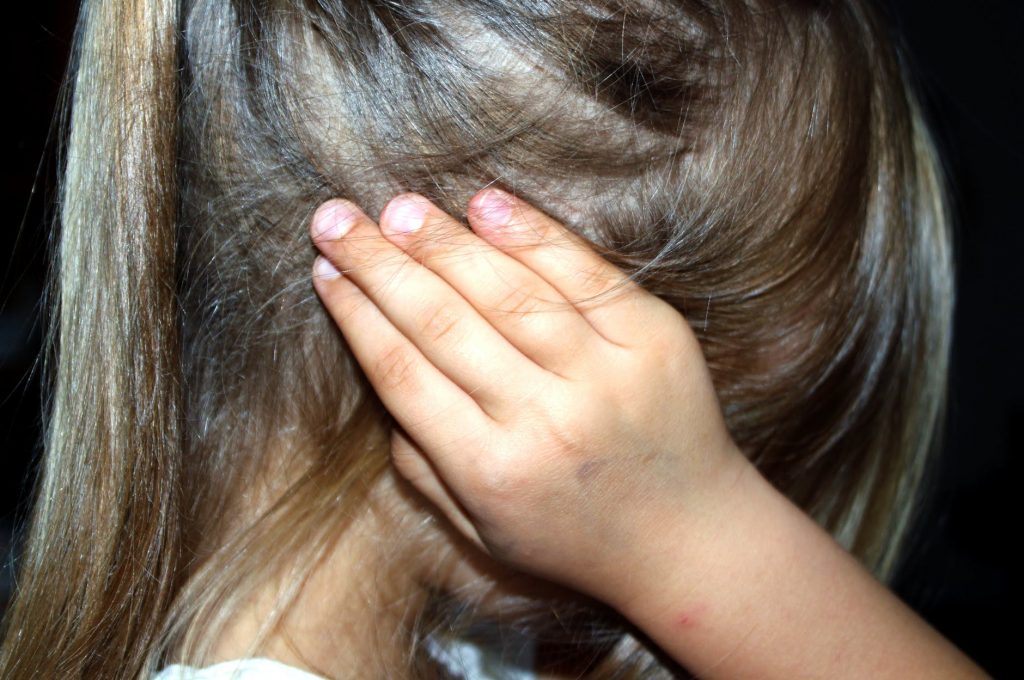
“Rape and sexual abuse are crimes of power more than they are crimes of sex, and there’s a lot of validity to that” says Andrew McLeod, a fierce critic of the aid industry, a lawyer and former employee of the United Nations.
The DFID report found that, “The opportunity for abuses of power in humanitarian contexts is high and there is often an imbalance of power in times of crises. During humanitarian emergencies, social protection systems can be significantly weakened and disrupted.”
While it might seem self-explanatory, the imbalance of power between the aid receiver and the aid giver is often over looked in the causation of abuse and often seen as a necessary evil of the job.
The opportunity for abuses of power in humanitarian contexts is high and there is often an imbalance of power in times of crises. During humanitarian emergencies, social protection systems can be significantly weakened and disrupted.
However, It is worth noting that not all sexual crimes are committed by international staff, in fact its local staff who committed the most offenses.
It is also very important that you note that the abusers are both foreign and national staff,” says Corinna Csáky, a global advocate for Save the Children. “Some come from overseas, but many more are local people employed by international humanitarian organisations. With the exception of peacekeeping forces, local people make up the majority of humanitarian staff. It is no surprise therefore that they make up the highest proportion of abusers.”
That being said, for the victims, there’s little to no difference if their attacker is a foreign aid worker or a local aid worker that was recruited by an aid agency.
It’s from this perspective of the victims that’s the issue as even though they are local staff, the charity still has a duty of care for the potential victims even from people from their own country.
If a large restaurant chain hired local staff who perpetrated sex crimes as often as aid industry employees or contractors do there would be international outrage and a case to be made against the restaurant chain, unfortunately, this doesn’t seem to be the case in the aid industry.
So what can be done?

This background check is called a BDS check, formally a CRB check. A DBS check is a record of a person’s criminal convictions and cautions carried out by the Disclosure and Barring Service.
There are three levels carried of a DBS check:
Standard – covering spent and unspent convictions, reprimands, cautions, and final warnings.
Enhanced – covering all of the above plus any relevant information held by police.
Enhanced with list checks – covering everything in the enhanced check, plus a check of the DBS barred lists.
The employer, in this case the charity, can choose which type of DBS to do depending on the job role and if it requires extensive time with vulnerable people and children.
“If the applicants are doing a regulated activity with children and/or vulnerable adults, they can obtain an Enhanced DBS check as long as the company is registered in the UK and the recruitment decision is made in the UK,” says Liz Whiteoak, a client support officer with the Criminal Record and Barring Service.
One potential reason as to why a charity would be hesitant to do this is there is a cost element to requesting a DBS check. The standard check costs £26 and the more in-depth check costs £44. This cost has the potential to really add up when you think about thousands of volunteers going through the industry every year.
Cameron Williams, who worked for a small charity in Peru during his placement year at university, says, “The cost [of the DBS check] wasn’t something I had particularly considered, just something you take as a given working for a charity overseas.”
Williams, once he arrived at his placement in Peru, quickly realised that the charity was more than just strapped for money, it was also understaffed, leaving him often unsupervised when working with children.
“I never requested being an English teacher, they just desperately needed them, so I ended up in that position for 3 1/2 months, for the other youth projects, I was never asked either,” says Williams, who also spent a lot of time working with children in various after school and youth programs, also unsupervised.
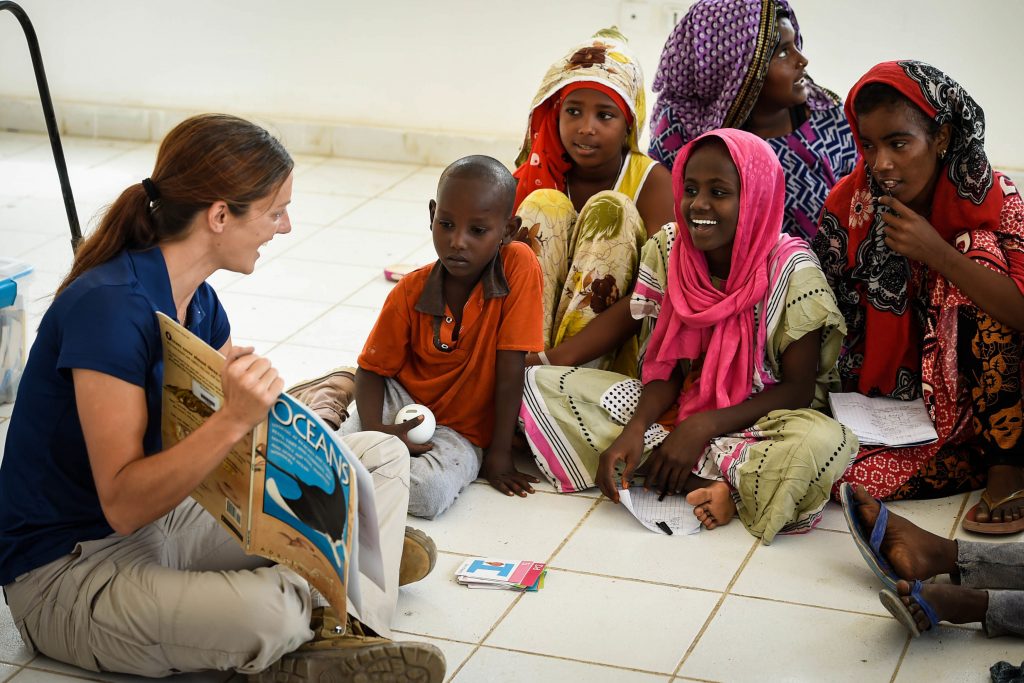
Due to it being a small charity they didn’t always have enough staff to allow for two people to be teaching at the same time which was what they said would happen.
“The Peruvian teachers some would stay in class some would leave me teaching for the whole class, it depended on the teacher,” says Williams. “The youth football program I coordinated and ran largely by myself, similarly to the English teaching depending on what other volunteers were available.”54
Williams was really let down with the level of child protection the charity implemented, between the lack of adequate background checks and misleading volunteers with not returning on promised training and lack of supervision.
“I don’t remember really receiving much if any training [with child protection], possibly a little working with the English coordinator in a group maybe, but nothing particularly big I don’t think,” says Williams.
One alternative to DBS checking is called the humanitarian passport. The humanitarian passport scheme is like a governing body for aid workers.
“The idea behind it is that all individuals working in international development would be registered showing they are suitable to work in that sector, and therefore could be quickly deployed, but also risk losing their license to work as a result of inappropriate behaviour.” Says Alice Sharman a writer for the CivilSociety.
Such a plan requires refinement on the definition of “aid worker”.
MacLeod doesn’t think either the humanitarian passport or increased background checks are the answer.
“What does a DBS check show anyway? If you’re a paedophile working in the developing world for an aid industry and you’re smart enough not to perpetrate back at home, what is the DBS check gonna show?” says Macleod. “The reason I’m hesitant about that [DBS check], is that together with this idea of a humanitarian passport, they become the baseline, which becomes the solution. And then in 20 years’ time we’re going to have a meeting and say, well, why didn’t it work?”
As for the implementation of background checks, Macleod says, “Of course you should do that as a minimum. Absolutely. But don’t allow it to be ‘that’s it’. That’s our due diligence because we’ve done a DBS check.”
